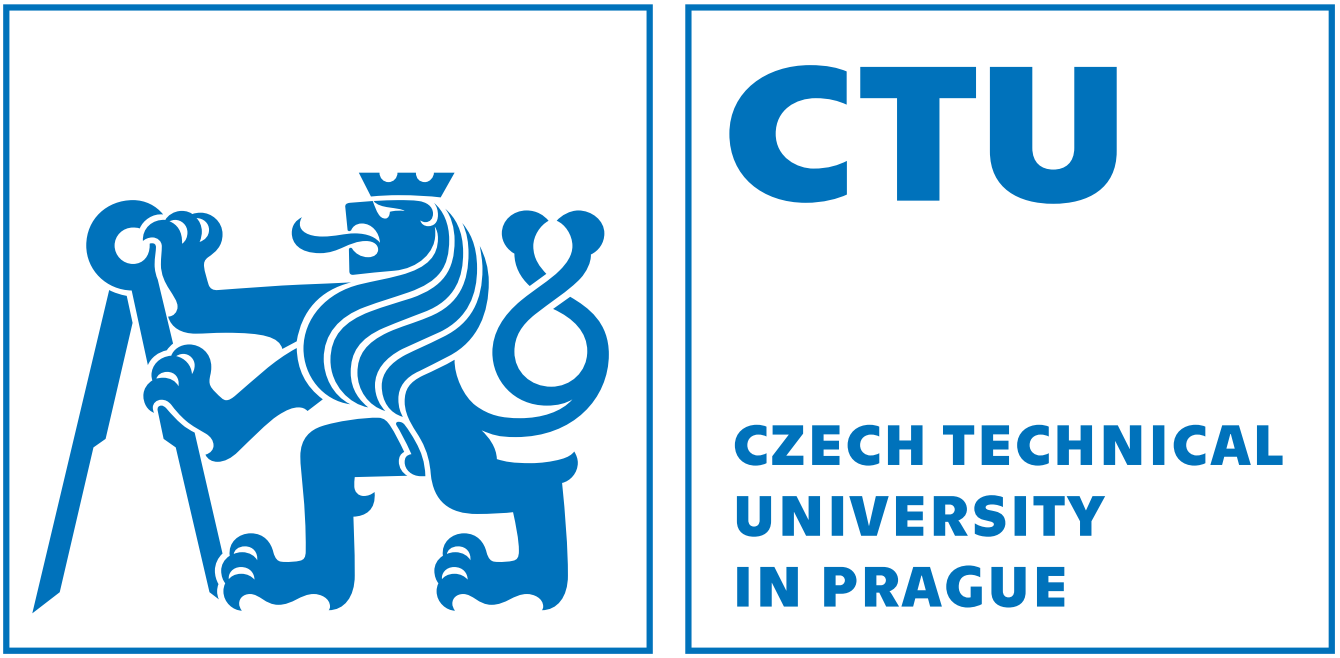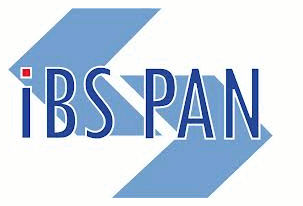 |
6th International Workshop on Smart Energy Networks & Multi-Agent Systems (SEN-MAS'17)
Prague, Czech Republic, 3 - 6 September, 2017
SEN-MAS'17 is joining MAS&S'17 (to be renamed JAWS'17) and the accepted SEN-MAS'17 and MAS&S'17 papers will be presented within the JAWS'17 conference
The emerging smart infrastructure in energy networks represents a major paradigm shift in resource allocation management with the aim to extend the centralised supply management model, towards a decentralised supply-and-demand management that is expected to enable more efficient, reliable and environment-friendly utilisation of primary energy resources.
Together with this vision, there are new and complex tasks to manage, in order to ensure safe, cost-reducing and reliable energy network operations. This includes the integration of various renewable energy systems, like the photovoltaic or the wind energy, which are able to reduce the greenhouse gas emissions but that are working under greater uncertainty; as well as the interaction of transport and storage systems for energy that are envisioned through techniques like ‘Power to Gas’ and fuel cells, which are using the electrical and the gas transportation network.
Further tasks can be found in the fact that the market participants (e.g. simply households) are becoming more autonomous and intelligent through technologies like smart metering, which requires a coordinated demand side management for millions of producers, consumers or, if this applies, prosumers by means negotiations and agreements.
Information and communication technologies are key enablers of the envisioned efficiencies, both on the demand and the supply sides of the smart energy networks, where the agent-paradigm provides an excellent first modelling approach for the distributed characteristic in energy supply systems. On the demand side they aim at supporting end-users in optimising their individual energy consumption, e.g. through the deployment of smart meters providing real-time usage and cost of the energy and the use of demand-response appliances that can be controlled according to the user preferences, energy cost and carbon footprint. On the supply side they aim at optimising the network load and reliability of the energy provision, e.g. through active monitoring and prediction of the energy usage patterns, and proactive control and management of the reliable energy delivery over the networks. It is also envisaged that they will be able to influence the demand through the dynamic adjustments of the energy price in order to influence the end user behaviour and energy usage patterns throughout and across the energy networks for electricity, gas and heat.
Although a significant effort and investment have been already allocated into the development of smart grids, there are still significant research challenges to be addressed before the promised efficiencies can be realised. This includes distributed, collaborative, autonomous and intelligent software solutions for simulation, monitoring, control and optimization of smart energy networks and interactions between them.
Topics
The SEN-MAS'16 Workshop aims at providing a forum for presenting and discussing recent advances and experiences in building and using multi-agent systems for modelling, simulation and management of smart energy networks. In particular, it includes (but is not limited to) the following topics of interest:
- Experiences of Smart Grid implementations by using MAS
- Applications of Smart Grid technologies
- Management of distributed generation and storage
- Islands Power Systems, Microgrid Applications
- Real time configurations of energy networks
- Distributed planning process for energy networks by using MAS
- Self-configuring or self-healing energy systems
- Load modelling and control with MAS
- Simulations of Smart Energy Networks
- Software Tools for Smart Energy Networks
- Energy Storage
- Electrical Vehicles
- Interactions and exchange between networks for electricity, gas and heat
- Stability in Energy Networks
- Distributed Optimization in Energy Networks
Paper submission
- Authors should submit draft papers (as Postscript, PDF or MSWord file).
- The total length of a paper should not exceed 10 pages IEEE style (including tables, figures and references). IEEE style templates are available here.
- Papers will be refereed and accepted on the basis of their scientific merit and relevance to the workshop.
- Preprints containing accepted papers will be published on a USB memory stick provided to the FedCSIS participants.
- Only papers presented at the conference will be published in Conference Proceedings and submitted for inclusion in the IEEE Xplore® database.
- Conference proceedings will be published in a volume with ISBN, ISSN and DOI numbers and posted at the conference WWW site.
- Conference proceedings will be indexed in BazEkon and submitted for indexation in: Thomson Reuters - Conference Proceedings Citation Index, SciVerse Scopus, Inspec, Index Copernicus, DBLP Computer Science Bibliography and Google Scholar
-
Extended versions of selected papers presented during the conference will be published as Special Issue(s) of:
- Scalable Computing; Practice and Experience
- Complex Adaptive Systems Modeling (publication fee waiver for the papers that are going to be selected is expected)
- Multiagent and Grid Systems
- Computer Science Journal (7 points in current ranking of MNiSW - this is something cryptic to the outsiders, but will be clear for scientists from Poland)
- Organizers reserve right to move accepted papers between FedCSIS events.






